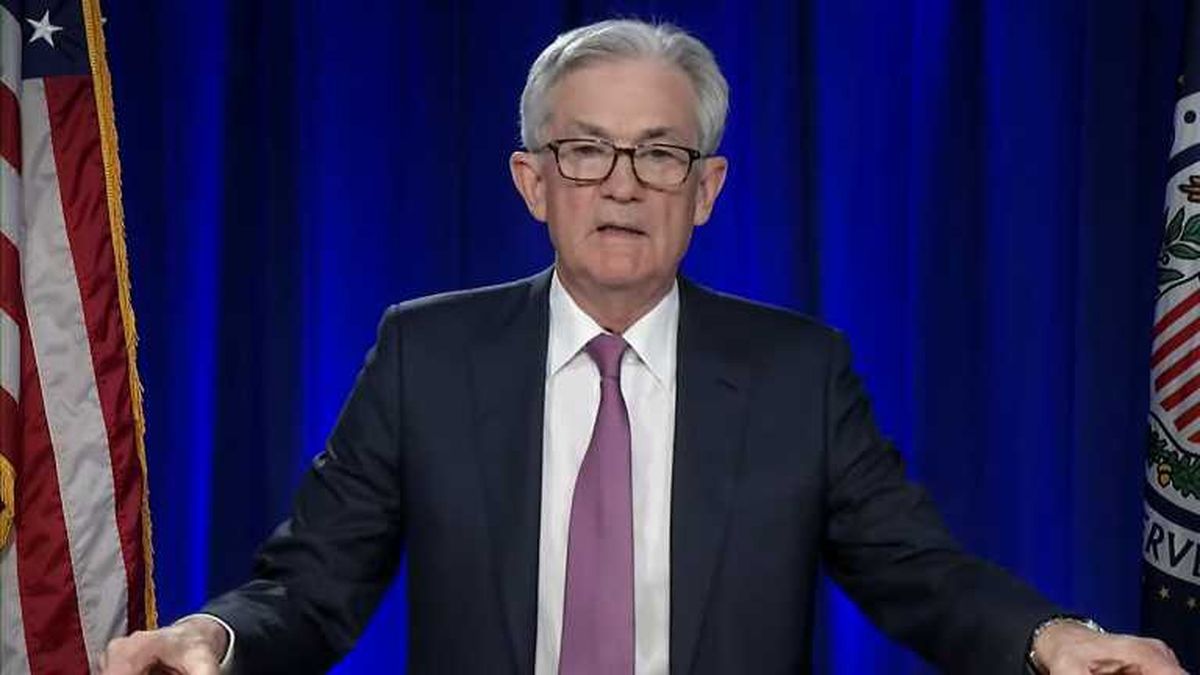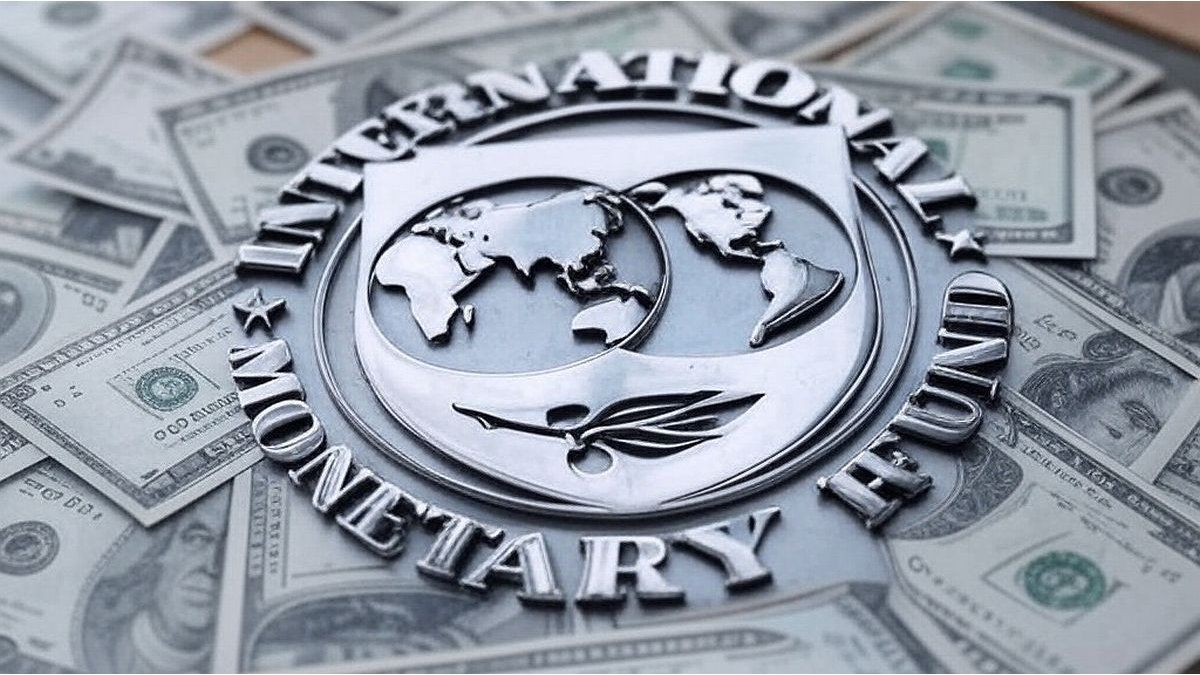The Minister of Economy, Sergio Massa, and the President of the Central Bank, Miguel Pesce, will have to pay attention to what Powell says if they want to plan the strategy to comply with the demands of the agreement with the International Monetary Fund. It is expected that he will ratify the policy of raising interest rates.
The increase in the cost of money worldwide can have several negative effects for Argentina, that fights to avoid falling into a recession and that inflation accelerates even more. It is that on the one hand, it generates an increase in what it pays for the Extended Facilities Agreement with the IMF. Since the agreement was signed in March, the interest has gone from 4.25% to 5.5% per year. And if there is a recession, international trade tends to fall, which would complicate exports and with it the accumulation of reserves.
Until now, the Argentine economy has been resisting, despite the macroeconomic imbalances, due to the good terms of trade. Raw materials continue to have high prices due to the context of the war in Ukraine; at other times they would have suffered a dramatic drop in prices.
In Adcap Financial GroupAnalysts believe that Powell may confirm this Friday the statements he made last week that inflation in the United States remains the policy priority. “The Fed is not going to be able to raise aggressively, but it has to continue so that inflation does not skyrocket”, an analyst from the fund manager told Ámbito. He pointed out that there are “cross signals” in the US economy since, on the one hand, there are mass consumption companies whose latest balances show an increase in inventories, but there are companies such as the automobile companies that are still up.
In Adcap they consider that if the United States falls into a recession, it will not be very deep because neither companies nor consumers are leveraged with credits. The biggest risk is, they say, that inflation will rise again. Powell must travel a narrow path that has recession on one side and rising prices on the other, in an election year where there is pressure from Congress to prevent activity from cooling down. In relation to EuropeAdcap analysts consider that it is going through a shallow recession, but that it will be forced to have a restrictive monetary policythat is, high rates, while the third engine of the world economy, China, would already be coming off the brake and lowering rates.
Nicolás Khon, an international finance analyst at the administrator Balanz, considers that the scenario of high rates will be stabilized for a longer period than the markets estimate. “The Fed says that they are going to continue raising rates because they want to ensure that inflation will converge to the expected level,” he explained to Ámbito.
By 2023, it is understood that Sergio Massa should plan his economic strategy considering a global environment of high rates that could hit Argentine assets.
Agustín Monteverde, consultant and advisor to the Fundación Libertad y Progreso, pointed out that “the rise in rates affects emerging markets, but what must be taken into account is that Argentina is outside the world, because otherwise it could not be that our bonds are worth less than Ukraine’s.” Monteverde warned that in the current context of high rates the price of raw materials “should not be what is being seen”, something that is explained by the war in Eastern Europe. The analyst considered that if there is a global recession, “it will not be of great magnitude.”
Source: Ambito
David William is a talented author who has made a name for himself in the world of writing. He is a professional author who writes on a wide range of topics, from general interest to opinion news. David is currently working as a writer at 24 hours worlds where he brings his unique perspective and in-depth research to his articles, making them both informative and engaging.




